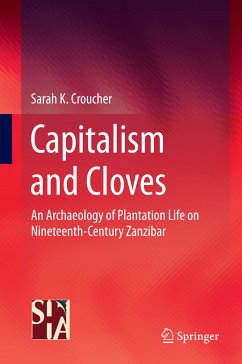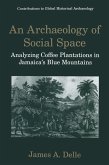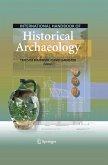Dieser Download kann aus rechtlichen Gründen nur mit Rechnungsadresse in A, B, BG, CY, CZ, D, DK, EW, E, FIN, F, GR, HR, H, IRL, I, LT, L, LR, M, NL, PL, P, R, S, SLO, SK ausgeliefert werden.
Hinweis: Dieser Artikel kann nur an eine deutsche Lieferadresse ausgeliefert werden.
"Capitalism and Cloves is a brave book. It is based primarily on a surface survey of clove plantations in four areas of Unguja and Pemba islands, and the excavation of an Arab plantation owner's house near Piki on Pemba. ... is an original study that has much to recommend it. It raises important questions about Zanzibar's past and its interpretation, is replete with interesting observations, and will no doubt be consulted by students and researchers for many years to come." (Martin Walsh, Tanzanian Affairs, Issue 111, May-August, 2015)









